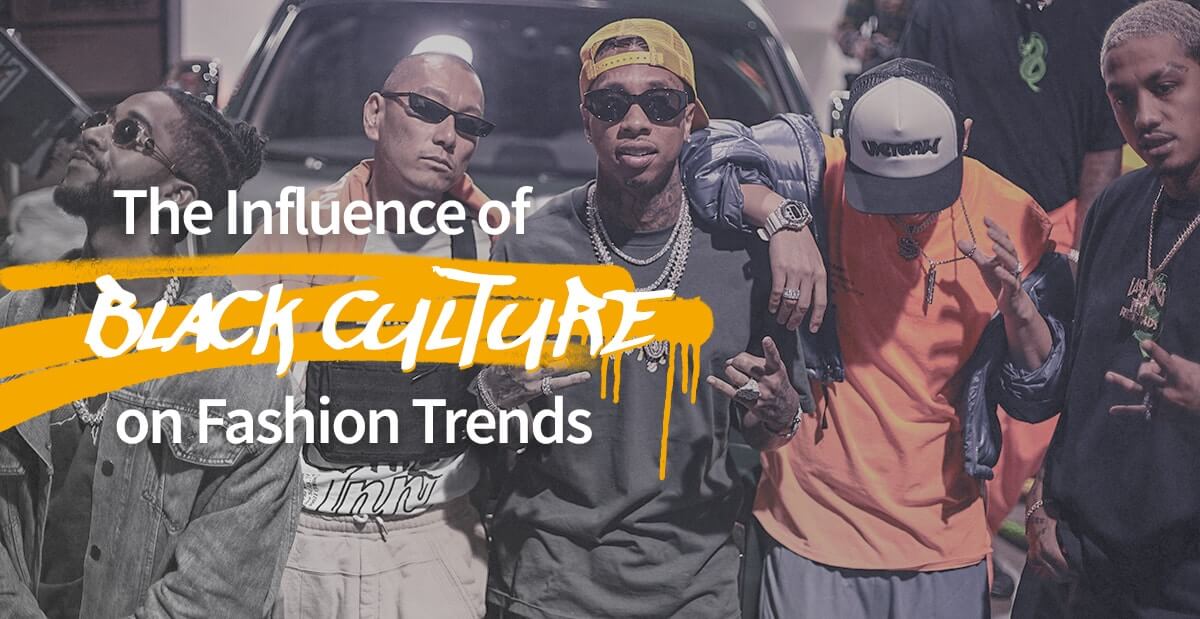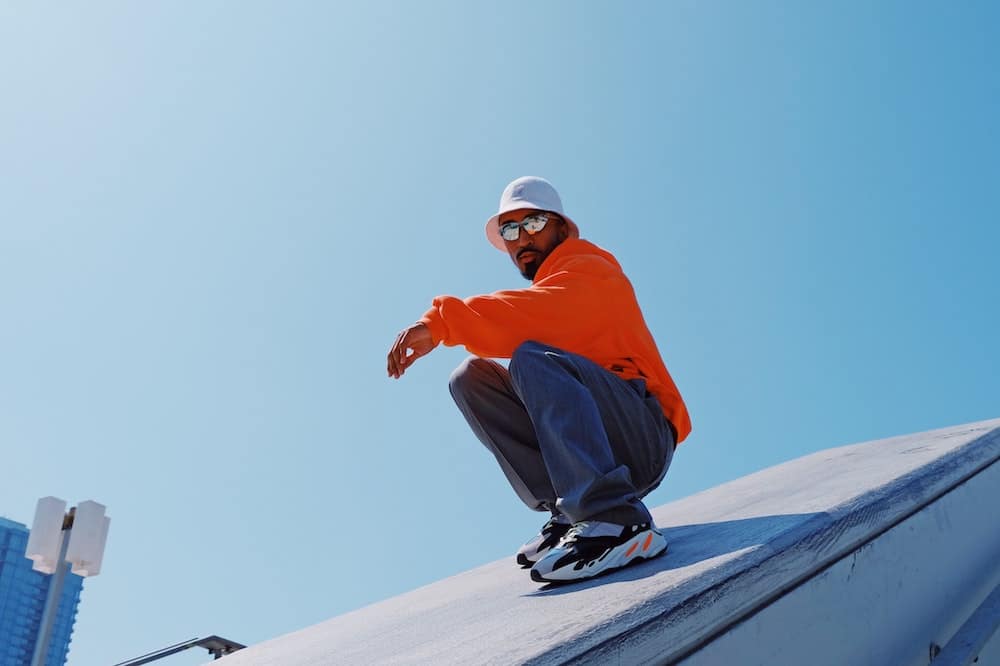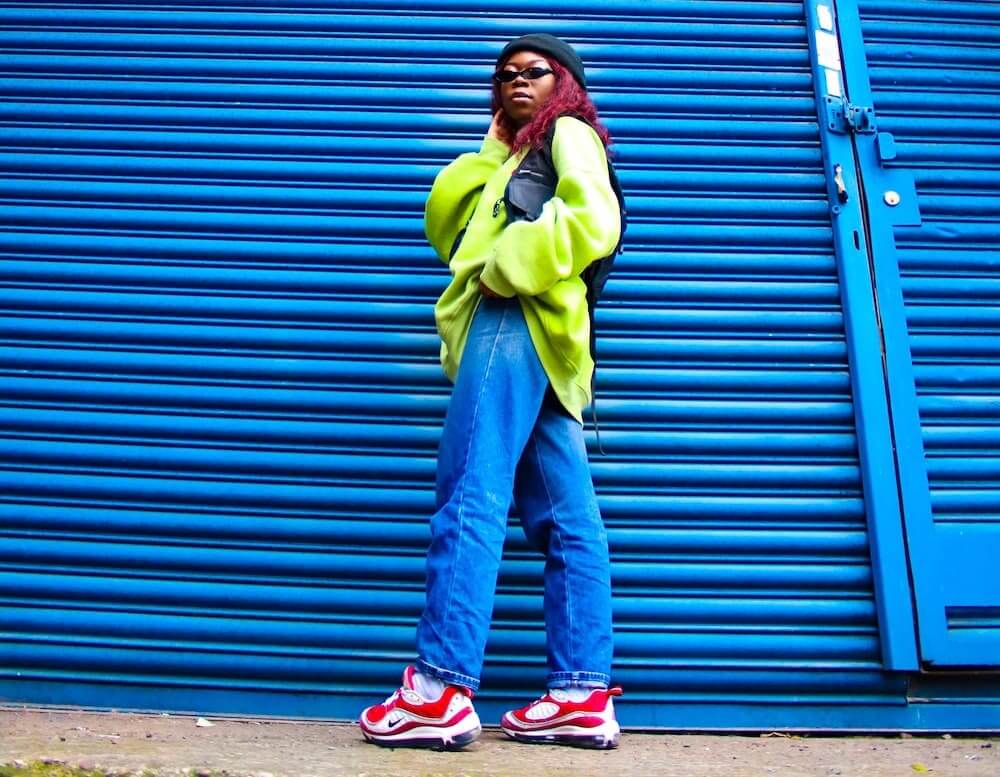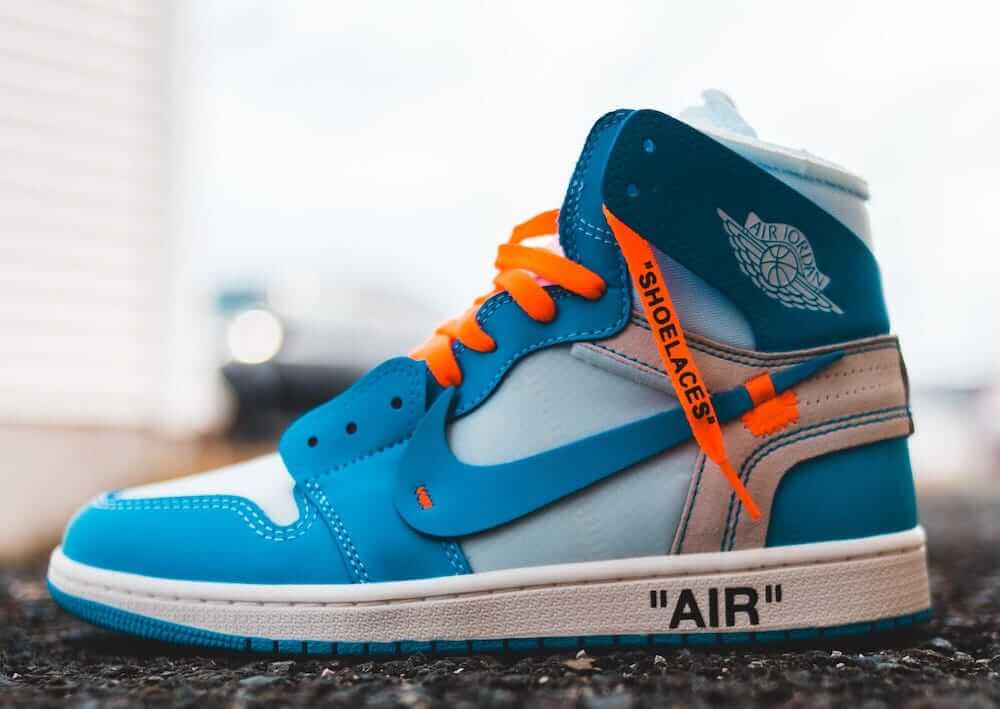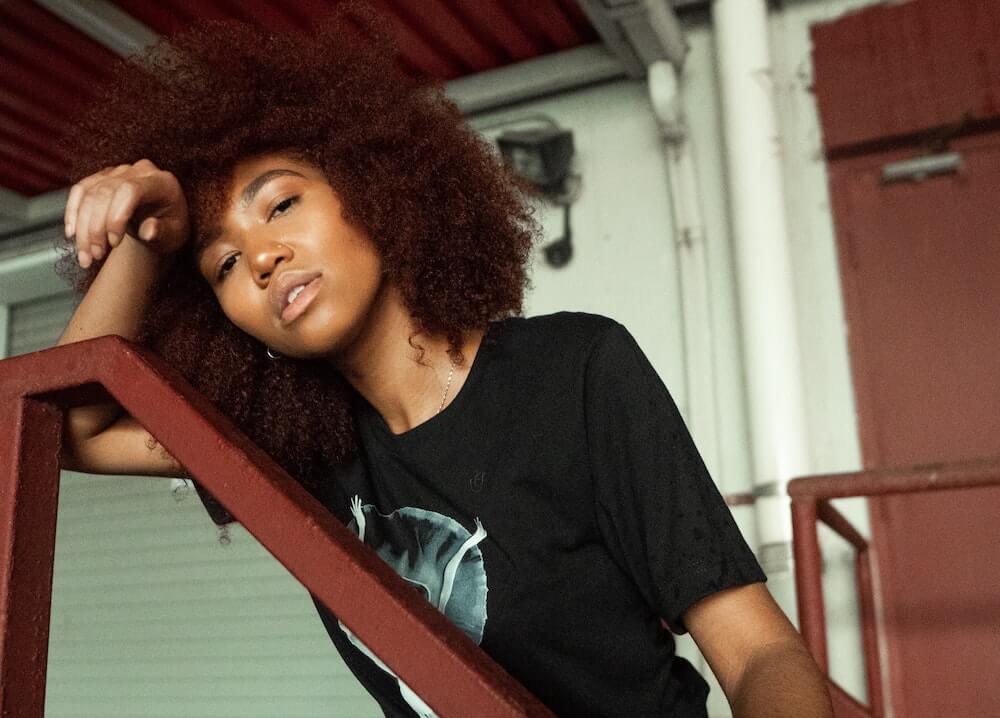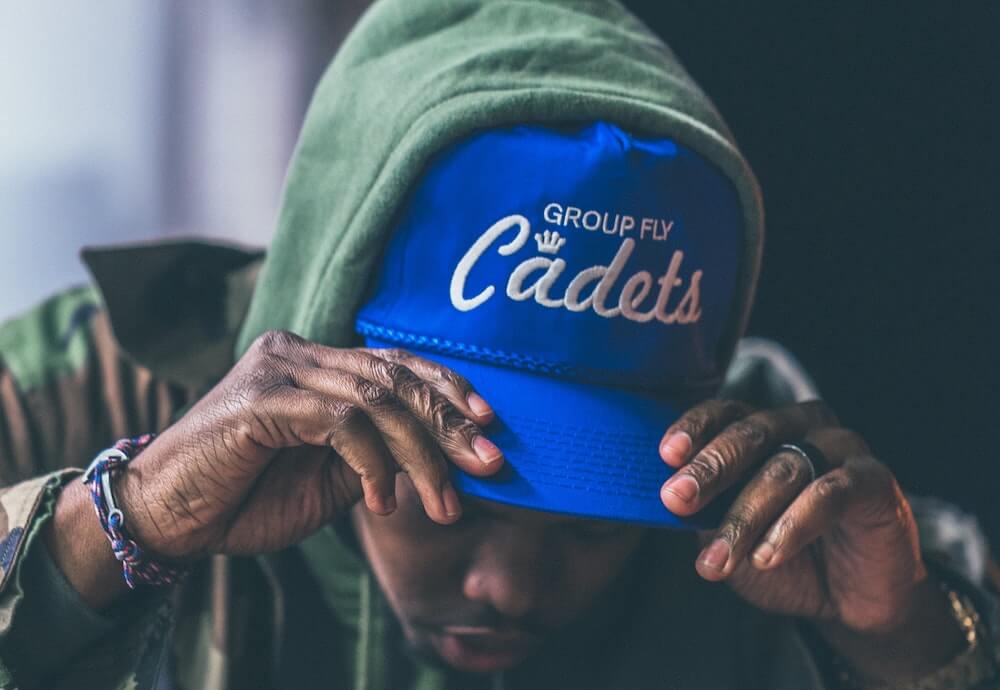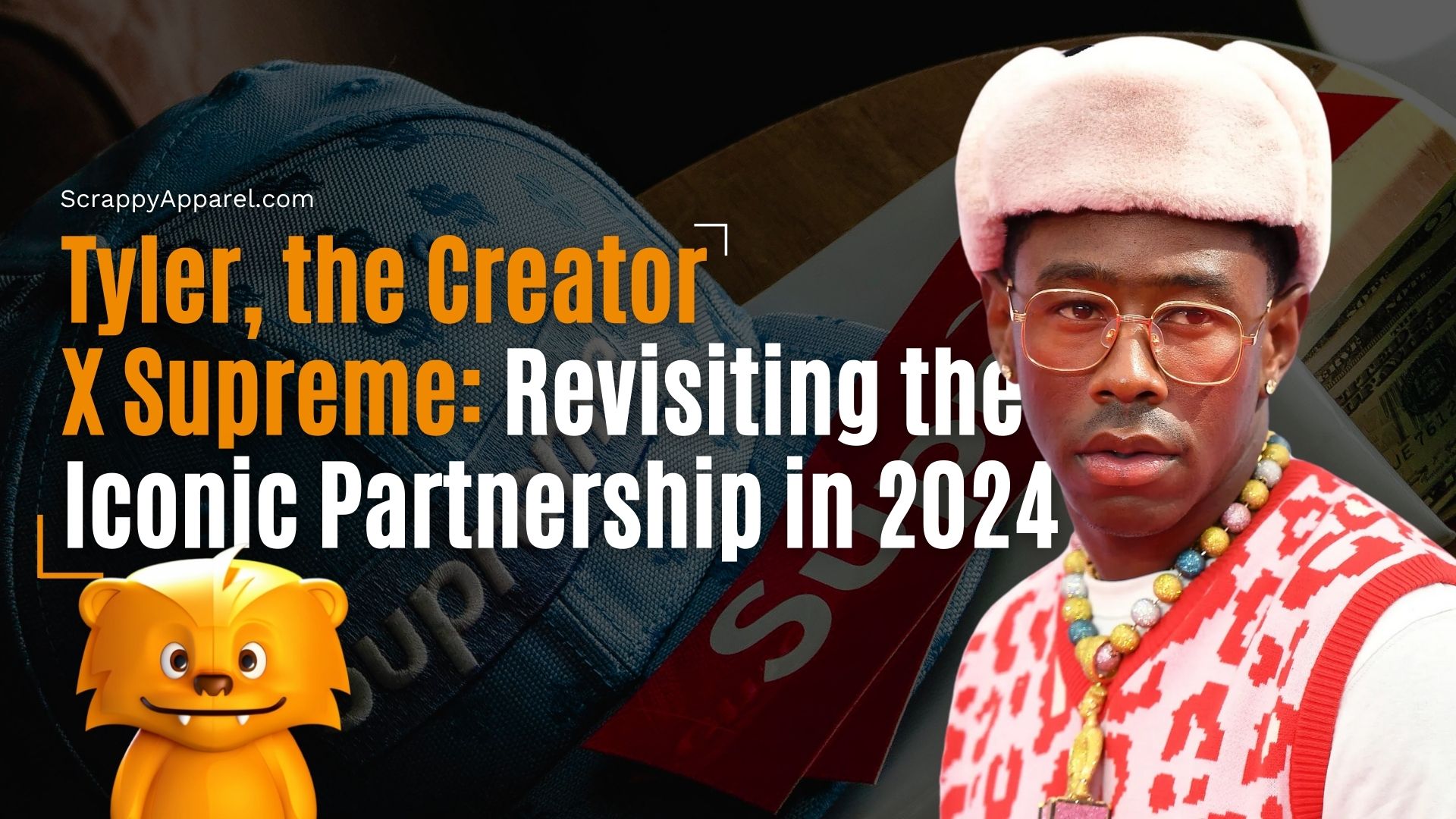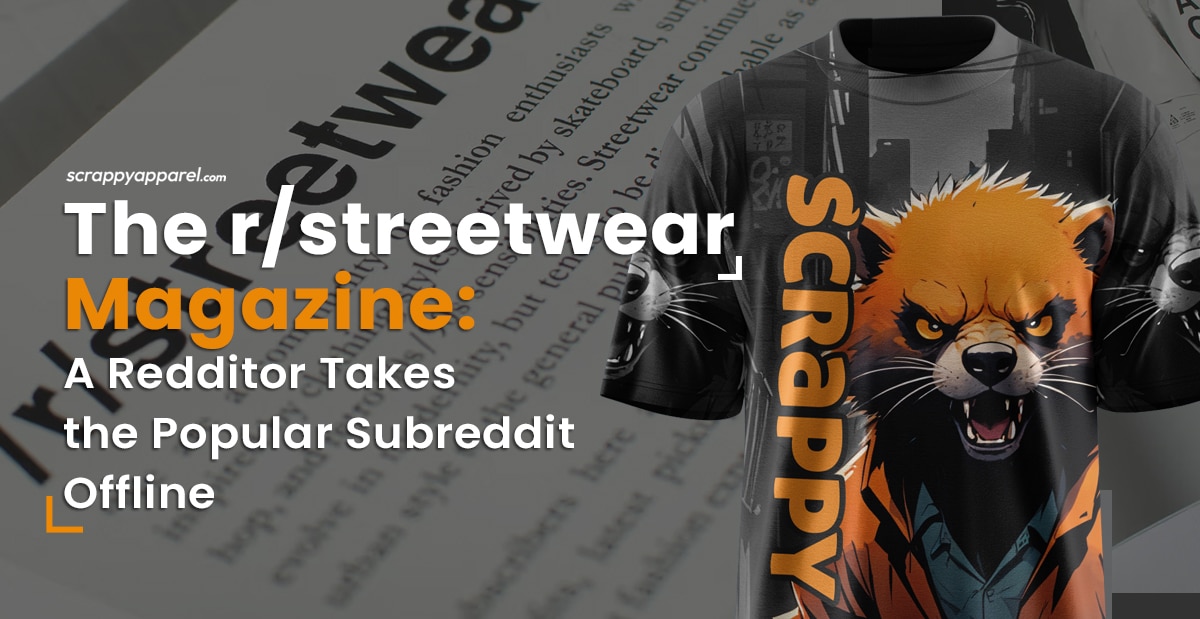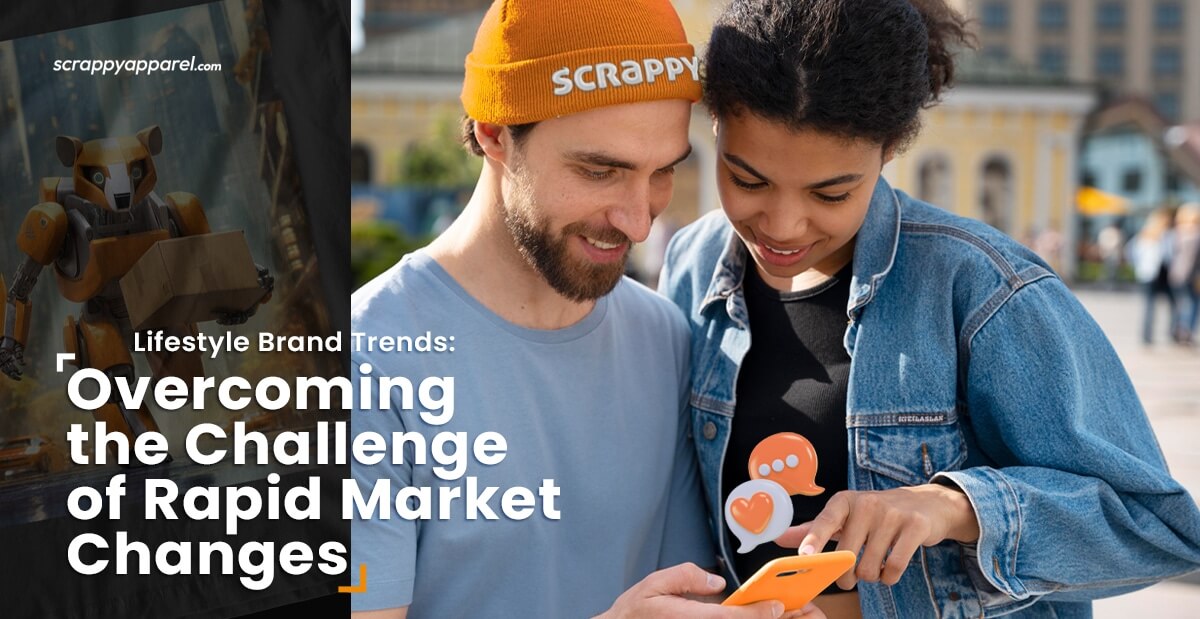The Influence of Black Culture on Fashion Trends
Fashion trends constantly evolve and often reflect the cultural zeitgeist of a given era. From the Harlem Renaissance to contemporary streetwear, Black Culture has been instrumental in setting trends and influencing the fashion industry.
Despite their significant contributions to the industry, Black fashion designers, models, stylists, and other industry professionals have often faced systemic barriers and discrimination in their careers.
Recognizing the impact of Black Culture on fashion acknowledges their talent and hard work. It also helps to promote greater diversity and inclusivity in the industry.
In honor of Black History Month, let’s explore how Black Culture has shaped fashion trends throughout history and continues to inspire designers today.
The Harlem Renaissance
The Harlem Renaissance of the 1920s and ’30s was a pivotal moment in American history. This movement significantly impacted culture—including art, literature, music, and fashion.
Hence the name, the Harlem Renaissance originated in the African-American community of Harlem, New York. It was considered the “rebirth of African-American arts” because it empowered the Black community to develop a sense of identity through fashion. It was a time of self-expression and cultural pride.
We can credit this era as the grandfather of many streetwear trends we see today. It encouraged people to move away from drab, conventional clothing. Instead, it encouraged them to embrace vibrant patterns, bold colors, and daring silhouettes.
Streetwear and Sneaker Culture
In addition to the Harlem Renaissance, did you know that high-end streetwear has roots in hip-hop? In the early days, it was all about standing out from the crowd—and Black Culture pioneered this style of dress.
How Hip-Hop Music Influenced Streetwear
Rappers like Biggie Smalls, A Tribe Called Quest, and Outkast brought their own style to the genre, mixing bold statements with comfortable clothing.
For example, Biggie contributed to the legacy of the Coogi sweater. Even after he passed away, rappers like A$AP Rocky and Drake still donned the Coogi look.
Many brands have collaborated with rappers and hip-hop artists to release limited-edition clothing lines. This trend lends to the exclusivity of streetwear and shows how much influence Black Culture has had on fashion.
Old School vs. New School
In the context of hip-hop, old school fashion trends refer to the clothing and accessories that were popular during the early days of the genre, particularly in the 1980s and early 1990s.
These trends include oversized clothing, tracksuits, gold chains, bucket hats, and high-top sneakers, among others. This style was often associated with the “golden age” of hip-hop and reflected the culture and values of the time.
New school fashion trends in hip-hop have evolved to reflect the changing cultural landscape and the influence of contemporary fashion. These trends include more fitted clothing, designer labels, and a greater emphasis on individual style and creativity.
As you may know, athleisure is all the rage nowadays. The trend has become popular among hip-hop artists and fans, with collaborations between fashion brands and musicians becoming increasingly common. Streetwear and luxury fashion labels are also part of the new school look.
Despite these changes, some old school fashion trends have remained popular in hip-hop, such as baggy jeans and graphic t-shirts. Additionally, some newer trends have been influenced by the old school, such as the resurgence of retro sportswear and vintage sneakers.
Both old school and new school fashion trends have played an essential role in shaping the style and identity of hip-hop culture.
The Impact of Sneaker Culture
Sneaker culture has been a huge part of hip-hop since the 1980s, when Run-DMC released their hit single “My Adidas” and made the brand iconic.
Today, sneaker culture is even more popular, with limited-edition collaborations between brands and musicians becoming increasingly common.
Black artists like Run-DMC and Jay-Z have made sneakers a staple of their style. Jay-Z has a long history of collaborating with Puma. In fact, he wore the Puma Ralph Sampson Lo sneaker at the 2023 Super Bowl.
Many celebrities have their own signature sneakers, and some have even launched their own sneaker lines. Read more about sneaker culture and how it has been influenced by the Black community.
Fashion Icons and Representation
Modern fashion icons and representation contribute to Black Culture, and vice versa. Black fashion designers, models, and icons have long been at the forefront of the industry, pushing boundaries and redefining what it means to be fashionable.
These individuals have used their platforms to advocate for inclusivity and diversity in fashion, contributing to broader recognition and celebration of Black Culture in the industry.
Here are a few of the names that have had a lasting impact on fashion:
Dapper Dan
Dapper Dan is an iconic fashion designer who became famous for creating designs that blended high-end luxury with streetwear. He is known for creating outfits for numerous celebrities, including LL Cool J and Eric B. & Rakim. Dan is credited with creating the “ghetto fabulous” style popular in the 1980s and 1990s.
Naomi Campbell
Naomi Campbell is a British model and actress who is one of history’s most recognized and influential Black models. She has graced the covers of numerous fashion magazines and has walked the runway for some of the most prominent fashion designers in the world. Campbell has also advocated for diversity and inclusion in the fashion industry.
Virgil Abloh
The legendary Virgil Abloh was an American fashion designer known for his work as the artistic director of Louis Vuitton’s menswear line. He is also the founder of the fashion brand Off-White. Abloh was credited with bringing streetwear to the forefront of high fashion. Unfortunately, Abloh passed away in Nov. 2021, but his legacy will live on.
How to Manufacture Your Own Streetwear-Inspired Designs
Scrappy Apparel can help you manufacture streetwear-inspired apparel by providing you with the resources and expertise to bring your vision to life. We are a one-stop-shop for apparel from the waist up. We can produce t-shirts, hoodies, hats, and more.
If you don’t know where to start, here are a couple of ideas to spark inspiration:
The Monster Print
At Scrappy, we call large format screen printing The Monster Print. It’s our signature approach to manufacture designs that are larger than life. Most apparel companies have a max print size of 14″ x 17.” But with The Monster Print, we will print the design as big as the smallest garment allows for the entire run of garments. Our approach gives you maximum creativity and design freedom.
All Over Sublimation Printing
Sublimation printing is an excellent way to create streetwear-inspired designs that are bright, bold, and full of color. Instead of printing a design onto the garment, sublimation transfers ink directly into the fabric. This results in a more vibrant and saturated design that will never crack or fade.
Custom Hats
We have one of the best custom headwear programs in the world. (Seriously!) Whether you want a trucker hat or a beanie, we have the tools to create the perfect custom hat for your brand. We offer a wide range of customization options, including embroidery and private labeling.
Hats are a staple of streetwear. With our custom headwear program, you can create hats that represent your brand and your culture.
Why Choose Scrappy Apparel?
At Scrappy Apparel, we understand the importance of representation in fashion. We are committed to helping you create apparel that celebrates culture and inspires others.
We ship free to your doorstep, or you can opt into our fulfillment program to have us take care of the inventory management and shipping processes for you.
We offer competitive pricing and unparalleled customer service, so you can trust that your designs will be produced and delivered with exceptional quality.
